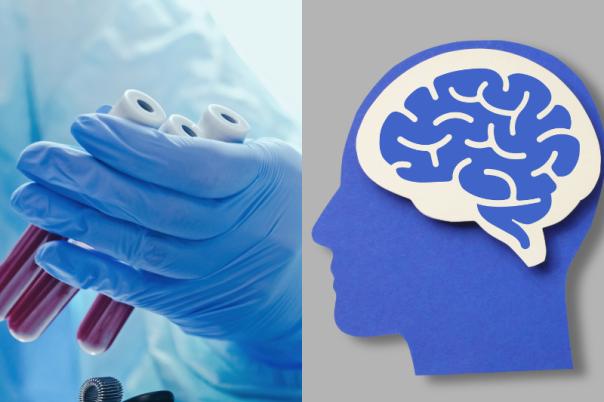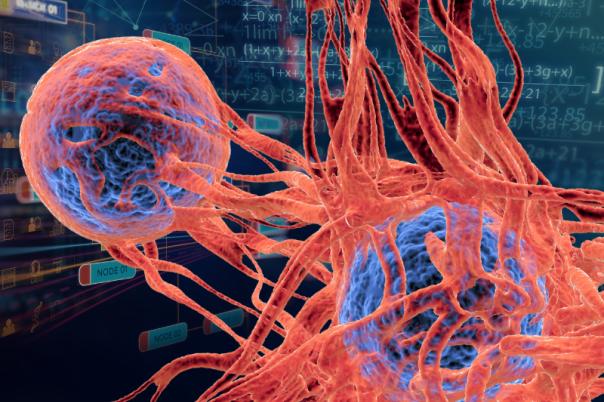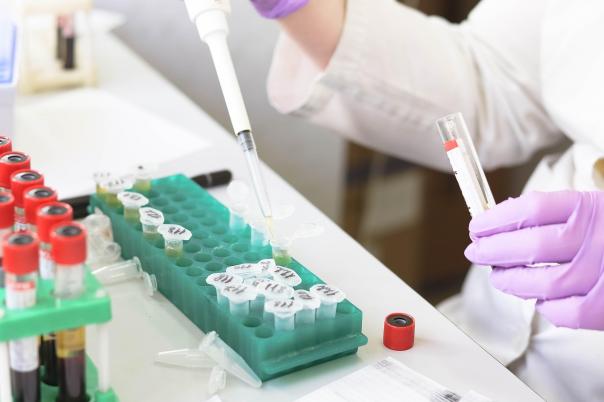Mohamed Hassanein is a director of translational medicine at Pfizer, and his dream is to implement non-invasive biomarkers in all of his company’s programmes. This would allow clinicians to study and treat patients without having to conduct invasive and uncomfortable biopsies.
While biomarkers have been successfully developed in a number of disease areas like oncology and immunology, in this presentation, Hassanein makes the case for developing non-invasive biomarkers for inflammatory bowel disease (IBD). There are approximately 10 million people currently suffering with IBD worldwide, and in around 40-60% of these cases, the disease is uncontrolled.
IBD is an umbrella term for chronic inflammatory diseases of the GI tract. Its exact aetiology is currently unknown, but it is thought to be the result of a complex interplay between the immune system, microbiome and some environmental and genetic factors. The damage that the disease wreaks on the colon wall produces very painful and quality of life altering symptoms like abdominal pain, diarrhoea, rectal bleeding, and weight loss. If the disease is left untreated, it can result in further life-threatening complications like sepsis or even colon cancer.
Hassanein continued by discussing the current treatment paradigm, which astonishingly still relies on trial and error. A clinician attending to a patient with IBD will first try to tackle the short term goal of relieving their symptoms. This can be handled using a combination of antibiotics, probiotics, or steroid to try and calm the inflammation and stop infection.
Later on, the goal of the clinician is to obtain and sustain a durable response which can be brought into clinical remission. However, as a chronic disease, remissions will likely be temporary in nature with the risk of symptoms flaring up again. Here, inflammation biomarkers like CRP and faecal calprotectin are observed and hopefully reduced. The problem here is an agonising cycle of trial and error, different combinations of drugs and going back to square one if remission isn’t achieved.
However, Hassanein discussed the emerging tools and technologies that could be the light at the end of the tunnel for IBD patients. Traditional biomarkers like serum biomarkers and immunophenotyping are now being complemented by advanced tools such as gut microbiome analysis, molecular endoscopy, multiomics, and AI tools.
The gut microbiome, being the closest surrogate matrix to the site of action, provides insights into the health of the gut through its diversity and the presence of specific microbiome species. Molecular endoscopy allows for the tagging and visualisation of surface biomarkers, while multiomics offers a comprehensive view of the biological regulation at different levels.
These advancements enable the tailoring of treatments to specific patient populations, predicting treatment responses, and monitoring drug efficacy, ultimately sparing patients from ineffective treatments and improving their quality of life.





